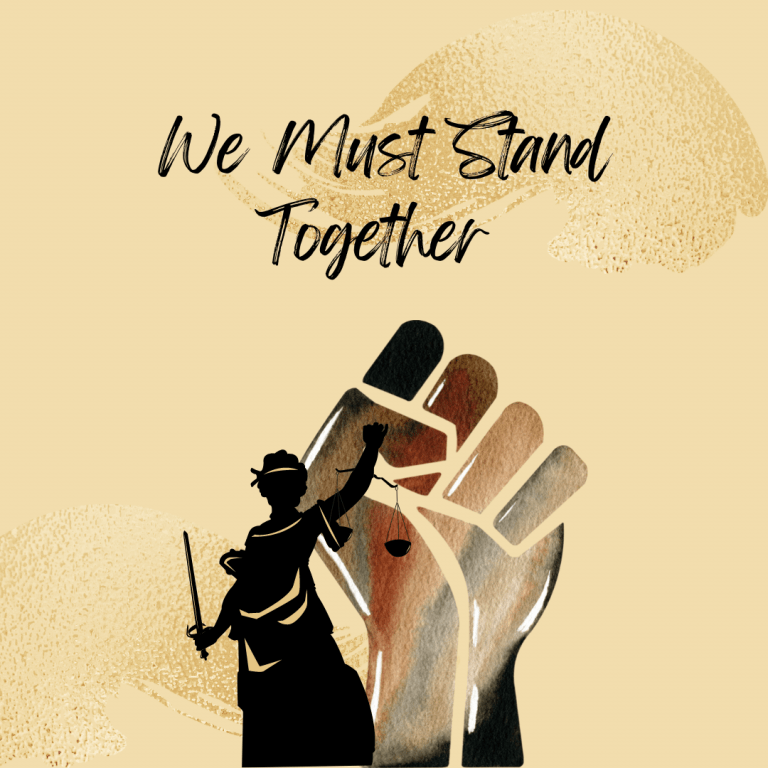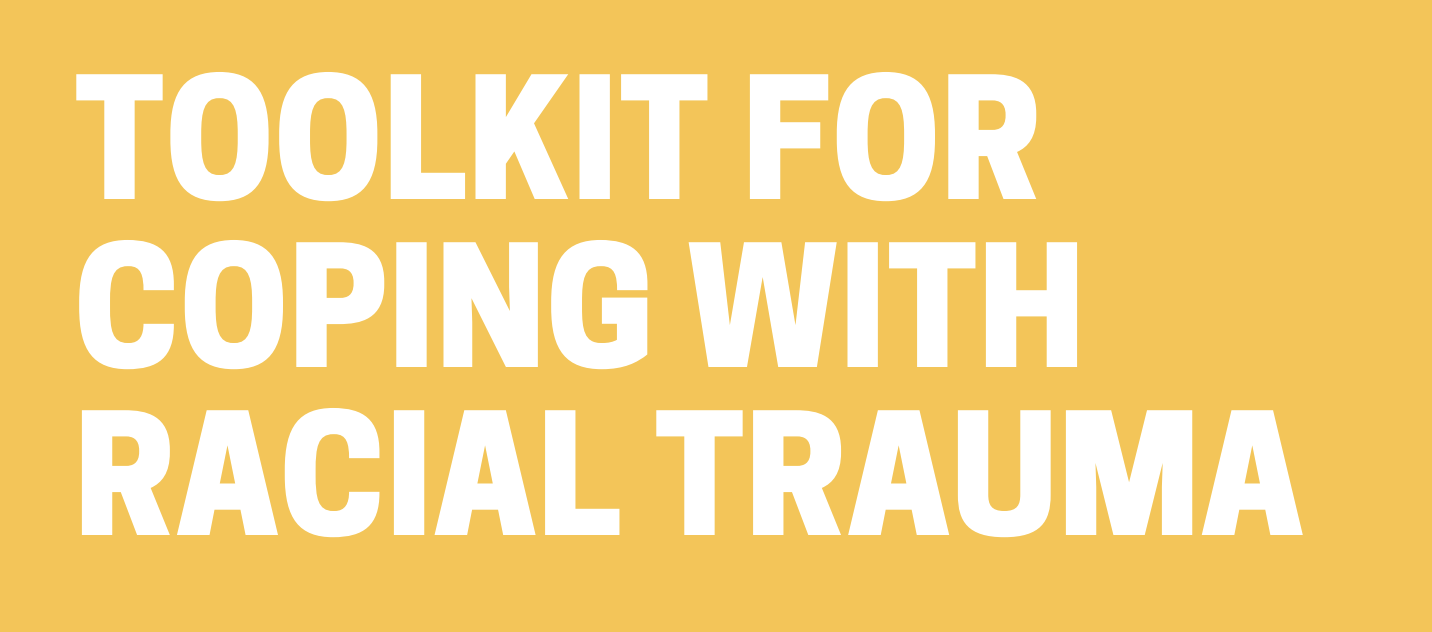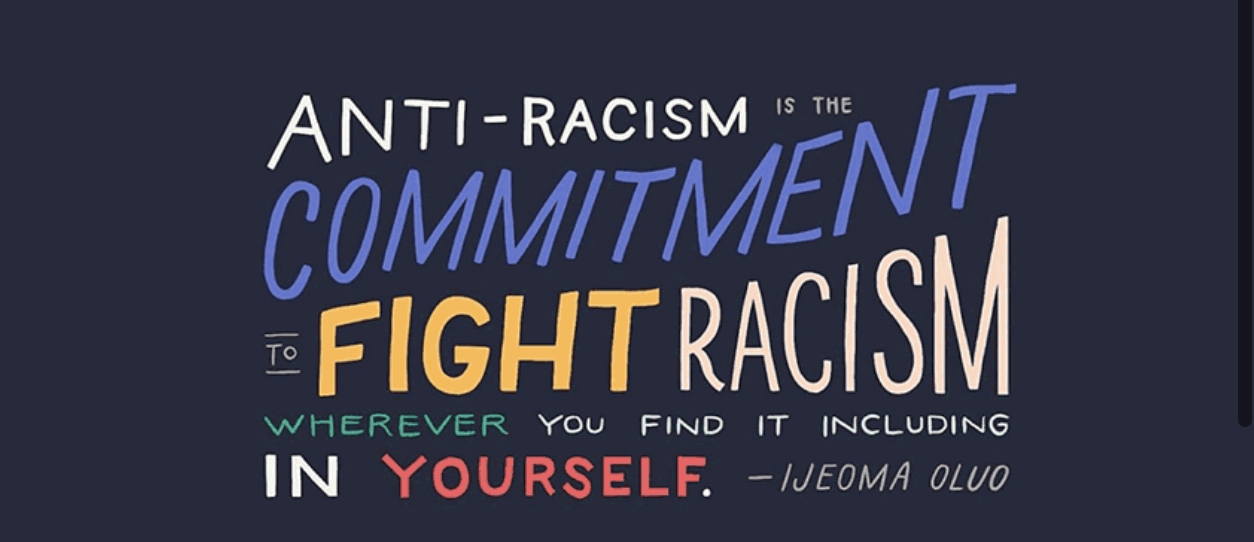Racial Trauma & Justice
Commitment to Racial Justice Statement
The USC Suzanne Dworak-Peck School of Social Work is dedicated to eliminating racial injustice and promoting an ongoing process of healing and reconciliation to dismantle racism. This commitment is rooted in the belief that all members of our community are valued and needed to further the human rights and social justice mission of the school and the social work and nursing professions.
Social work has a longstanding value of upholding and working toward human rights. Social workers and leaders of human services organizations are obligated to speak out against all forms of racism and address structural racism in our communities and the inequitable and racialized outcomes it produces.
As social workers, social work educators, and researchers, we have the professional responsibility to remember that along with the privilege of being at USC comes the responsibility to be civil, respectful, decent, and fair to all people. The violence against, bias toward, and inequitable treatment of people of color, particularly against African-American males, will not be tolerated.
To that end, we will work as a community to address these ongoing issues. We will ensure that all stakeholders in our school know and are prepared to fulfill their responsibility to counter the voices advocating racist views and moral inadequacies based on race.
We recognize that our profession is made up of diverse individuals with different perspectives on racism. Our varying experiences with and participation in systems of power and privilege make ongoing conversations about race, structural and systemic racism, and oppression complex and challenging. As such, we commit to advocate for policies and practices that provide solutions to dismantling oppressive and discriminating systems and develop new research related to racial justice, social work innovation, and anti-oppressive policies.
We will continue to create and foster a culturally diverse environment that strives to be free of discrimination, bigotry, and hate speech. We will also ensure that racial justice is addressed in all courses and that our curriculum presents culturally relevant and responsive perspectives. We see diversity and inclusion as a means to improve and strengthen a broad range of social, political, economic, and health outcomes and will inspire our students to do the same.
The USC School of Social Work will speak out and challenge narratives and actions that run counter to our human rights mission. We are devoted to having candid, experiential, and substantive discussion on systemic and structural racism to evolve our thinking and commitment to developing strategies for community empowerment, collective support, and social change.
Submitted by the Working Group:
Renee Smith-Maddox, clinical associate professor
Rafael Angulo, clinical professor of field education
Terence Fitzgerald, clinical assistant professor
NASW Racial Justice Resources
Understanding Race
Race
A Girl Like Me – video
Shopping while black – video
Race Forward: The Center for Racial Justice Innovation – video
Diversity Websites
Anti-Defamation League
The Anti-Defamation League was founded in 1913 to stop the defamation of the Jewish people and to secure justice and fair treatment to all.
API Equality
Dedicated to working in the Asian and Pacific Islander (API) community in California and nationally for equal marriage rights, fair treatment and overall acceptance of lesbian, gay, bisexual and transgender (LGBT) people.
Asian Americans for Civil Rights and Equality
Asian Americans for Civil Rights and Equality is the first and only Sacramento-based legislative and budget advocacy project dedicated to developing and advancing a progressive social justice agenda on behalf of Asian and Pacific Islander American (APIA) communities. AACRE fights for reformative legislation and expansion of funding, while seeking to empower APIAs to be an active and effective force in advancing civil rights and social justice.
Association of Clinicians for the Underserved
ACU is a nonprofit, transdisciplinary organization of clinicians, advocates and health care organizations united in a common mission to improve the health of America's underserved populations and to enhance the development and support of the health care clinicians serving these populations.
Bazelon Center for Mental Health Law
For three decades, Judge David L. Bazelon Center for Mental Health Law has been the nation's leading legal advocate for people with mental disabilities. Our precedent-setting litigation has outlawed institutional abuse and won protections against arbitrary confinement. In the courts and in Congress, our advocacy has opened up public schools, workplaces, housing and other opportunities for people with mental disabilities to participate in community life.
Black Youth Project
This project will examine the attitudes, resources, and culture of African American youth ages 15 to 25, exploring how these factors and others influence their decision-making, norms and behavior in critical domains such as sex, health and politics.
California Endowment
The California Endowment's mission is to expand access to affordable, quality health care for underserved individuals and communities, and to promote fundamental improvements in the health status of all Californians.
Census Bureau
Facts from the U.S. Census Bureau on Hispanic, African- American, Asian, Pacific Islander, Native Hawaiian, American Indian and Native Alaskan populations.
Centers for Disease Control and Prevention
The Centers for Disease Control and Prevention (CDC) serves as the national focus for developing and applying disease prevention and control, environmental health, and health promotion and health education activities designed to improve the health of the people of the United States. To accomplish its mission, CDC identifies and defines preventable health problems.
Center for Immigration Studies
The Center for Immigration Studies is an independent, non-partisan, non-profit research organization founded in 1985. It is the nation's only think tank devoted exclusively to research and policy analysis of the economic, social, demographic, fiscal and other impacts of immigration on the United States.
Center on Race & Social Problems (University of Pittsburgh)
The mission of the center is to conduct applied social science research on race, color and ethnicity and their influence on the quality of life for all Americans.
Center for Spirituality, Theology and Health (Duke University)
The center focuses on conducting interdisciplinary research, scholarship and education on spirituality, theology and health. Exploring the role of faith communities in forming the health of the broader community. Integrating research and scholarship into the practical disciplines of care and service with an emphasis on older adults.
Center for the Study of Race, Politics and Culture (University of Chicago)
The Center for the Study of Race, Politics and Culture is an interdisciplinary program dedicated to promoting engaged scholarship and debate around the topics of race and ethnicity.
The Civil Rights Project (UCLA)
The mission of the Civil Rights Project / Proyecto Derechos Civiles is to help renew the civil rights movement by bridging the worlds of ideas and action, to be a preeminent source of intellectual capital within that movement, and to deepen the understanding of the issues that must be resolved to achieve racial and ethnic equity as society moves through the great transformation of the 21st century.
Center for Muslim-Jewish Engagement (USC)
Our mission at the Center for Muslim-Jewish Engagement is to promote dialogue, understanding and grassroots, congregational and academic partnerships among the oldest and the newest of the Abrahamic faiths while generating a contemporary understanding in this understudied area and creating new tools for interfaith communities locally, nationally and beyond.
Cross-Cultural Health Care Program
Primarily a training and consulting organization, the Cross-Cultural Health Care Program endeavors to enhance the abilities of health professionals to provide culturally competent and linguistically appropriate care.
Diversity Rx
Diversity Rx works towards promoting language and cultural competence to improve the quality of health care for minority, immigrant and ethnically diverse communities.
Human Rights Watch
Human Rights Watch is the largest human rights organization based in the United States. Human Rights Watch researchers conduct fact-finding investigations into human rights abuses in all regions of the world. Human Rights Watch then publishes those findings in dozens of books and reports every year, generating extensive coverage in local and international media.
Kaiser Family Foundation
Statehealthfacts.org is a project of the Henry J. Kaiser Family Foundation and is designed to provide free, up-to-date and easy-to-use health data on all 50 states. The data are based on an analysis of the Census Bureau's March 2009 and 2010 Current Population Surveys (CPS; Annual Social and Economic Supplements) and are restricted to the civilian (not active duty military) population. The state data represent 2-year averages.
LAMBDA Legal
Lambda Legal is a national organization committed to achieving full recognition of the civil rights of lesbians, gay men, bisexuals, transgender people and those with HIV through impact litigation, education and public policy work.
LGBT Religious Archives Network
The LGBT Religious Archives Network (LGBT-RAN) is an innovative venture in preserving history and encouraging scholarly study of lesbian, gay, bisexual and transgender (LGBT) religious movements around the world.
National Council of La Raza
The National Council of La Raza (NCLR), the largest national Hispanic civil rights and advocacy organization in the United States works to improve opportunities for Hispanic Americans.
UCLA Center on Minority Health Disparities
The mission of the UCLA Center for Research, Education, Training, and Strategic Communication on Minority Health Disparities (CRETSCMHD) is the reduction and elimination of physical and mental health disparities in racial and ethnic minority populations.
Urban and Environmental Policy Institute (Occidental College)
Our mission – to help create a more just, livable and democratic region – provides the backdrop for a wide range of activities and relationships. UEPI functions both as an academic center with strong community ties and a community-based organization with a strong research and policy development capacity.
U.S. Dept. of Health & Human Services Office of Minority Health
The mission of the Office of Minority Health (OMH) is to improve and protect the health of racial and ethnic minority populations through the development of health policies and programs that will eliminate health disparities.
The Women's Foundation of California
The Women's Foundation of California is the only statewide public foundation that is investing in women and girls throughout California to create a more just and equitable society.
World Health Organization
WHO is the directing and coordinating authority for health within the United Nations system. It is responsible for providing leadership on global health matters, shaping the health research agenda, setting norms and standards, articulating evidence-based policy options, providing technical support to countries and monitoring and assessing health trends.
Resources for Racial Trauma
Mental Health America on Racial Trauma
Racial trauma, or race-based traumatic stress (RBTS), refers to the mental and emotional injury caused by encounters with racial bias and ethnic discrimination, racism, and hate crimes. Any individual that has experienced an emotionally painful, sudden, and uncontrollable racist encounter is at risk of suffering from a race-based traumatic stress injury. In the U.S., Black, Indigenous People of Color (BIPOC) are most vulnerable due to living under a system of white supremacy. “
This source has general mental health information on each impact community as well as leaders and policies affecting change.
Educators’ Toolkit for Addressing Racial Trauma
Tool Kit for Coping With Racial Trauma
Dr Isha Metzger’s Racial Trauma Guide
She covers topics such as coping with racial trauma, children and racism, mental health resources, being a better ally, discussing race in white families, and ally resources.
Anti-Racism
Anti-Racism Tools by Trying Together
Resources for Adults, educators and discussions with children.
Anti-Racism Resource Library – American Academy of Child and Adolescent Psychiatry
Resources for Talking about Race, Racism and Racialized Violence with Kids by the Center for Racial Justice in Education



